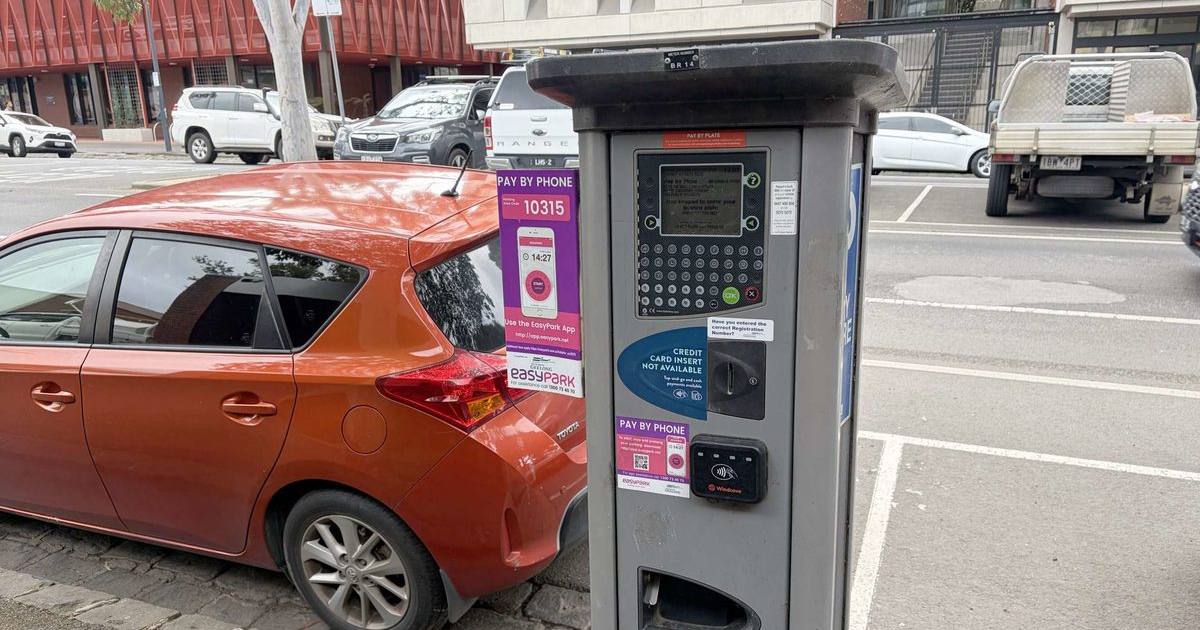Free time: Parking costs cut in CBD

Councillors considered several free parking options and decided the second-hour free in two-hour car parks option was the best. Photo: CITY OF GREATER GEELONG
THE City of Greater Geelong’s 11 councillors don’t all agree with a council decision to introduce “second-hour free” parking but summed up debate with “we are all trying to do the best by everyone, we just see it in different ways”.
The city adopted its budget last week at the June council meeting, which includes the reduction in parking fees for the next four years to entice people into Geelong’s CBD.
Councillors considered several free parking options and decided the second-hour free in two-hour car parks option was the best.
The parking initiative will result in an $8 million reduction in fees in the city’s Budget over the four years.
A Central Geelong restaurant owner told council during question time at the meeting that parking in the CBD was a problem for customers.
She asked councillors if they understood how important free parking was to attracting people to Central Geelong.
“We open five-and-a-half days a week but hopefully that’s temporary until business returns to the CBD then we can hopefully open six or seven days.
“The feedback is that they can’t get parking,” the business owner said.
Cr Sarah Mansfield said she was concerned that free parking would not deliver tangible benefits and managing parking was what council needed to do.
“We know parking availability is the concern not necessarily that cost is the issue,” she said.
Cr Peter Murrihy said he didn’t support free parking and he believed workers were “the main beneficiaries of free parking” rather than customers or shoppers.
“Where is this evidence to support this $8 million hit to council?” he said.
Cr Murrihy wanted free parking to be debated separately however after further discussion, council voted to adopt the budget including the second-hour free parking initiative.
The budget was adopted alongside the city’s Our Community Plan 2021-25, which sets strategic priorities for the next four years, and delivered a 1.5 per cent average rate rise, in line with the state rate cap.
The council’s strategic plan and investment aims to meet population growth, provide support for those hit hard by COVID-19 and deliver a surplus by 2022-2023.
The budget freezes many fees and charges at pre-pandemic levels and allocates a record $209 million this year for the region’s “largest ever capital works program”.
It commits $728 million over four years in investment for community facilities such as shared trails, aquatic and sporting facilities, community centres and public open space.

















